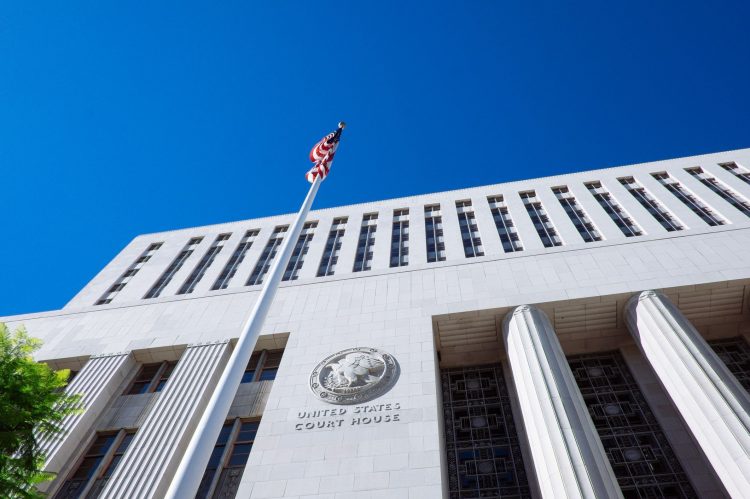In a potentially precedent-setting move, a federal judge recently dismissed an MLS that is not affiliated with the National Association of REALTORS® (NAR) from a class-action commission lawsuit, finding that certain rules involving offers of compensation are not as “unilateral” as alleged by plaintiffs.
3 Tips for Staging a Smaller Home
Maximize every square foot of a home and help buyers see the potential of a small space with these staging recommendations. Read more.
https://www.rismedia.com/2025/04/10/3-tips-for-staging-smaller-home/
Business Tip of the Day provided by
Categories
The Most Important Real Estate News & Events
Click below to receive the latest real estate news and events directly to your inbox.
By signing up, you agree to our TOS and Privacy Policy.













